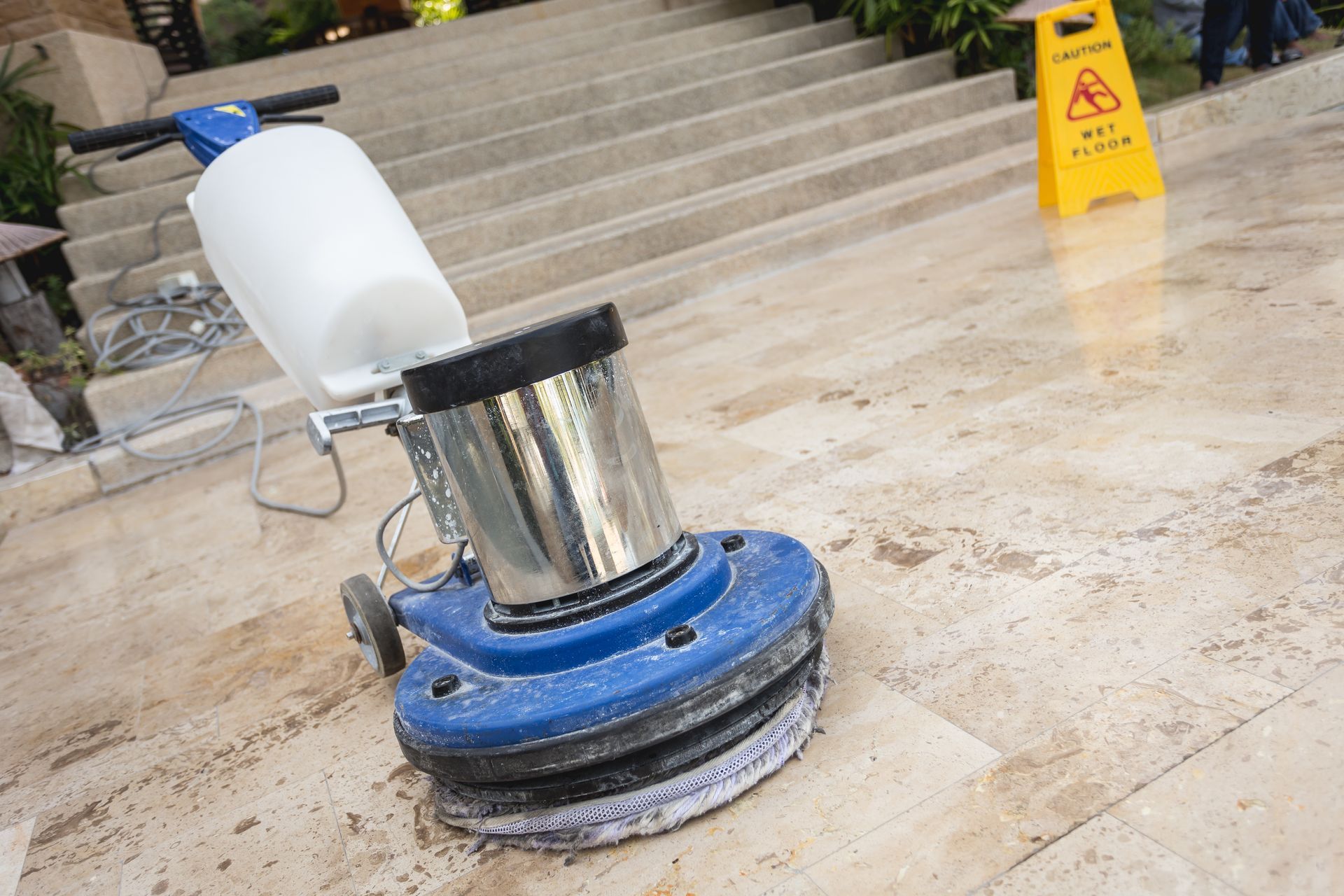Why many homes have natural stone in them today

If you're looking for a high quality and exceptionally beautiful flooring, one choice to consider is natural stone. Natural stone has more history than any other kind of material for flooring. It's been used as a flooring material since ancient times and can be found in many historic buildings around the world.
Stone is also highly durable and natural flooring can last a lifetime. In addition, natural stone has natural health benefits including the fact that it is naturally antibacterial, which means it will keep your home free from mold and bacteria.
Popularity of natural stone
These days in higher end homes buyers will be looking for some type of natural stone. This may include granite, marble, or travertine. Granite countertops have been a huge selling point for decades. They're convincing because homeowners believe that granite is going to be an essential part of their home's interior design and rushed out as soon they could afford them, even if it wasn't exactly what the customer wanted or needed in every other respect (such with durability).
Another factor is how beautiful these surfaces can look when properly cared-for; but remember: just like any other material purchase you make for your house - whether hardwood floors or stainless steel appliances - there will come times where something needs fixing up so its not worth throwing away altogether!
Drawbacks of natural stone
Although natural stone is beautiful and durable, there are some drawbacks to consider before installing a natural stone floor in your home. First, natural stone is more expensive than other types of flooring. This can be a problem for homeowners on a budget, especially if their natural stone floors are damaged and need to be repaired or replaced.
Some natural stones also contain crystalline silica which can cause lung problems when inhaled by laborers while cutting and installing natural stone in homes. The natural stone industry has taken note of this fact and many natural stones no longer contain crystalline silica.
Furthermore, natural stone floors can be cold in the winter months and hot in the summer months unless they are installed with radiant heating systems which carry heat through tubing embedded in the natural stone flooring.
Maintaining your natural stone
Finally, natural stone requires a lot of maintenance to keep it looking beautiful. Stones must be cleaned regularly and sealed periodically to protect them from stains, water damage and mold which natural stones are vulnerable to.
Despite these drawbacks natural stone is still very popular among homeowners because of its beauty, durability and natural health benefits. If you want natural stone floors you will need to start with natural stone. While natural stones can look different depending on the mineral and color they're made from, marble is one of the most popular natural stones and is blue-gray in color and streaked with white. This gives it a beautiful natural appearance that homeowners love.
On the other hand, natural stone does have a few health risks involved with installation and care of natural stone floors, so installers and homeowners should be sure to follow all safety guidelines. In addition, homeowners must spend time maintaining natural stone to keep it looking its best.
If you are looking for a professional crew to take care of your natural stone contact Marble Stone Polish! One of the most beautiful aspects to natural stone is how it can be restored after years or wear and tear. We have an array of products for cleaning, polishing, repairing any damages done to your stones- all with a professional touch! Contact us today!


